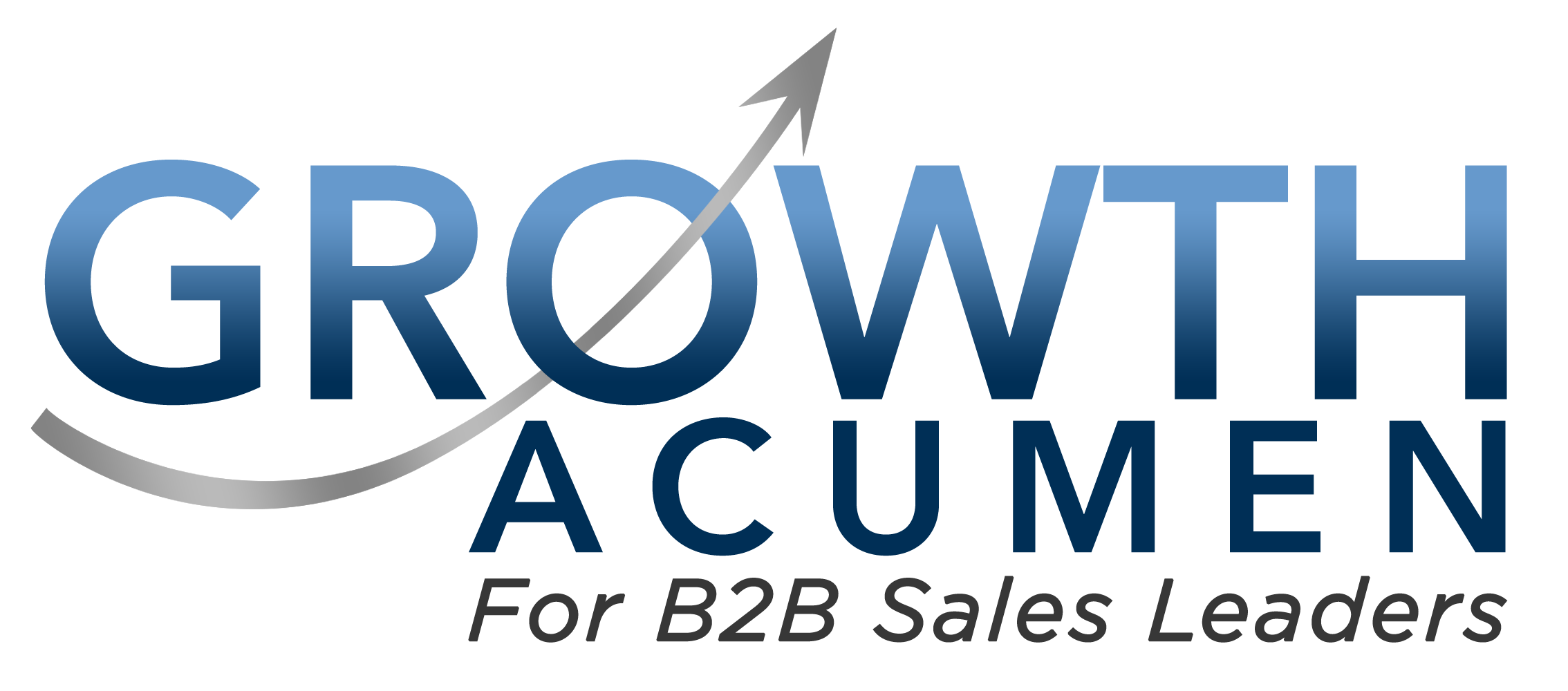
Pioneer of Modern Sales Max Altschuler on Tech and Millennials
Transcript of podcast interview with Steven Norman and Max Altschuler
Steven: Hello everybody and thanks for joining us! – a real pleasure today to be joined by Mr Max Altschuler! Max is the Founder and CEO of Sales Hacker, which is the leading community of modern sales professionals. He’s also the author of what’s a classic book now called Hacking Sales, and more recently Career Hacking for Millennials. He’s also an investor and advisor to a range of SaaS startup companies, so to a real pleasure to welcome you here today, Max – thanks for joining!
Max and I talk about the evolution of sales technology over the last decade, and working effectively with millennials, which is getting more and more critical every year.
Max: Thanks for having me!
Steven: Max, you got some global profile and fame when you wrote Hacking Sales, it’s a book that taught me a lot. Tell me a bit about what was going on then, and what made you write that book and start this business.
Max: I started Sales Hacker before I wrote the book Hacking Sales, and my story is kind of unique: I was the first sales hire to come to Udemy, which is an online education marketplace that’s gotten pretty big here in the States, but I was sub-10 employees there and built out the supply side of their marketplace, which was the sales part of the business, and really did some knacky stuff. We were one of the first people to use all these new sales technologies, build virtual assistance teams in the Philippines that acted as our SDRs, so I was able to do more with a lot less resources than maybe what our competitors were doing and I got a reputation for it. Other VCs and founders would come to me and ask what we were doing, so I started Sales Hacker to build more mass education around our modern approach to sales, so leveraging technology in the new sales process, and outsourcing and scaling sales for startups. That eventually evolved into not just startups but “Here’s what every company should do,” so almost like the lean startup ended up becoming a thing, where big companies like GE now are trying to implement it in their product cycles, and this is something that I think big companies are starting to implement in their new sales processes.
So I wrote the book Hacking Sales based on my strategy at Udemy, which I knew like the back of my hand at the time. I actually wrote that book in six days on a trip to Bali, I went over there between Christmas and New Year’s when everybody was quiet and offline, and just cranked it out. I probably wrote for 16-20 hours a day, but I knew this stuff so well because I’ve been doing it that it just kind of poured out of my head. I polished it up over the next few months and put it out there, it sold over 30,000 copies at this point and Riley purchased the rights to the book. It really is something that is timely, it’s relevant; if you’re not leveraging technology in the sales process, it’s not taking advantage of things that you should be. It’s kind of like if you had access to phone and email, and just decided “No, I’m going to do door-to-door,” you’d be at a huge disadvantage.

Steven: How has the sales tech stack evolved in the last 5-10 years, and where do you see it going?
Max: It’s evolved quite a bit. 10 years ago you pretty much just had your CRM, you had email, phone and your CRM, and I think still that’s enough for some people. As you could tell from LinkedIn, there are plenty of people who are like “I just need to cold call, I don’t care, I’ll just dial the list, that’s what I do and that’s what works,” and that’s all well and good. But I think there’s that Ford expression, where he’s like “I asked people what they wanted, and they said, ‘Faster horses,’” and so he gave them cars. So it’s like alright, that’s all well and good that you want to phone call and that’s what works for you now, and that’s great that it works for you, but to just sit there and think that it can’t be better is just plain silly. If you look at social media and the Internet these days, you can qualify your prospects online without having to get on the phone.
It used to be you’d get a discovery call, you’d find out if they had budget and authority and timing, you’d ask all these awkward questions trying to uncover those different things. Now you could find that out online, so when you actually get the conversation with someone, you can use those to your advantage in the conversation, you could use information that you have about them at your fingertips, because you were able to research, using either a software that put it all together, or social media or the Internet to do it for you. So I think that’s the first thing, and I think there’s a lot of software now that’s using a lot of the repetitive data – emails being sent, the phone calls being made – to package it up and give you best practices on what to do and how to do it better and how to do it at scale. So I think we’re able to build more scalable sales processes now than ever before and also uncover a lot more information about our customers before we talk to them.
You ask about the future, what’s going to happen: you’re starting to see a lot of these review sites, like G2 Crowd and TrustRadius and Capterra. People are buying from influencers, people are buying from referrals and people are buying through chat… The way people are buying is changing, so sellers need to adapt to how people like to buy – it’s pretty interesting to see the shift that’s going on.

Steven: Yeah, there’s such a huge range of tools in so many different categories. What tips would you have for sales leaders who are looking at this and are a bit overwhelmed with all of the options that are out there? Where do you start, what should the priority be? Any thoughts around that?
Max: I think logically you should buy a CRM, that’s where all your data is kept, that’s like the heartbeat of your sales machine so to speak, and so deciding what CRM is best for you is your first place to start. If you’re a big company, you’re probably going to be using something like Salesforce or Dynamics because you have a lot of information in there. If you’re a smaller company, maybe you’re using Pipedrive or Close.io or something that’s a little bit more lightweight and flexible. From there, I’d say LinkedIn has a huge piece of the pie, so Sales Navigator accounts, so you could do all the research you need to do and get all the information you need to get.
Obviously a contact enrichment product would be good too. Whether you’re focusing on inbound our outbound, you want to be able to get contact info for people, enrich that contact info if it’s inbound, get new contact info if it’s outbound, and then a platform like Outreach.io is another good one for tracking emails, tracking calls. So even if you are somebody who is a little bit more old school and you’re like “I’m just going to do emails and phone calls,” you still should be using a piece of modern technology that’s going to allow you to track and optimise those things. Then there’s products like Gong that allow you to do conversation analysis so you can train your reps better, so you could see exactly what’s moving needle and what’s not.
There’s services like Highspot and Showpad that allow you to enable your reps in ways that you couldn’t before, making sure best practices are disseminated across your team. Companies like Drift and Intercom that do chatbots that allow you to get in touch with customers on inbound a lot quicker. Review sites like G2 Crowd is another really good one, making sure that your customers, especially in the software space, are able to share and provide referrals for your business. So yeah, there’s quite a few categories that are being built out now that are really interesting.

Steven: I think you make some good points. There’s a lot of upside just getting a good CRM in, Sales Navigator, some sort of contact program. I really like the email tracking as well so I like that you mentioned that, like Outreach. It’s great to see where your email is going in the target organisation: you can see when it’s opened up, who opened it, how many people opened it, looked at it, at what time it was forwarded and so forth – it’s pretty powerful. And Gong of course, I’ve got a few clients using that and it’s really valuable to help coach our salespeople, so I think some really good stuff there. Are there any favourite new categories that are coming up or new products that you’ve seen lately?
Max: There’s three interesting categories, and I think outreach is the leading category in the sales engagement space. I’m not sure that that’s what’s what the category is going to be called in the long term, it could be revenue engagement, but there’s a true need for a product there. Where marketing automation sits on the marketing side of the house, you need something in sales engagement on the sales side of the house.
I think conversational intelligence and conversational marketing are those two other categories. Conversational marketing is Drift for chat, they’re doing a great job at being a leader in that space and controlling that conversation, Intercom is a great product too there, and I think in the conversational intelligence space Gong is a leader there, and there’s a couple of other companies like ExecVision, Chorus. Understanding what things are moving the needle in sales conversations and how to build that into your best practices in your playbook, that goes such a long way. So those are three exciting categories that are there and up and coming.
Intent data is another one, and Bombora does a really good job at this. G2Crowd, that’s their product that they sell and it’s also very interesting, so understanding what customers are searching for or looking at and then how to target them at the right time. So it really is about that relevance and that timing piece, which is super important.
Steven: Absolutely – I think you make a good point. If you’re not looking at this stuff, you’re really leaving money on the table. A lot of these tools are solving problems that we’ve had for a long time. Like you said, sharing best practice. If we know that certain words, certain phrases, certain questions, certain pieces of insight really good reps are using with customers, if we know that’s getting a better close rate, getting a higher sale value, of course we want to spread that across the whole team. So a lot of this conversation intelligence is really powerful in that sense.
Max: Yeah, definitely.
Steven: Any tips on how to implement this stuff effectively?…
…We leave the interview there for now. Click play below to listen to the full 25 minute podcast.
Listen to the complete Podcast with Max Altschuler.
Leave me your comments!



